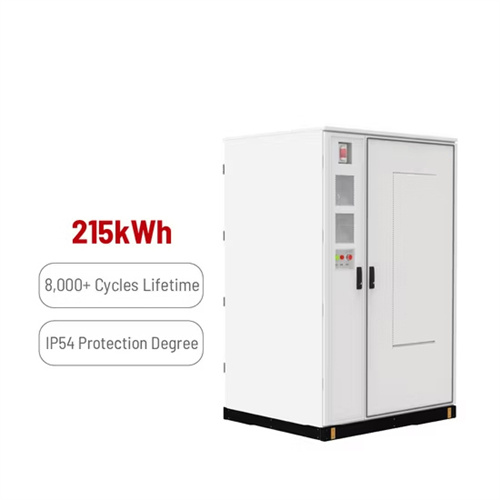About Energy storage battery module testing system
As the photovoltaic (PV) industry continues to evolve, advancements in Energy storage battery module testing system have become critical to optimizing the utilization of renewable energy sources. From innovative battery technologies to intelligent energy management systems, these solutions are transforming the way we store and distribute solar-generated electricity.
When you're looking for the latest and most efficient Energy storage battery module testing system for your PV project, our website offers a comprehensive selection of cutting-edge products designed to meet your specific requirements. Whether you're a renewable energy developer, utility company, or commercial enterprise looking to reduce your carbon footprint, we have the solutions to help you harness the full potential of solar energy.
By interacting with our online customer service, you'll gain a deep understanding of the various Energy storage battery module testing system featured in our extensive catalog, such as high-efficiency storage batteries and intelligent energy management systems, and how they work together to provide a stable and reliable power supply for your PV projects.
Related Contents
- Battery energy storage testing center
- Energy storage battery module into the box
- Energy storage battery module components
- Electric vehicle battery module energy storage
- Large-scale energy storage battery testing
- Energy storage battery module welding diagram
- Energy storage battery module stacking
- Nicosia energy storage battery testing facility
- Large cylindrical energy storage battery module
- Container energy storage battery module
- Energy storage battery module method
- Energy storage battery module ccs


